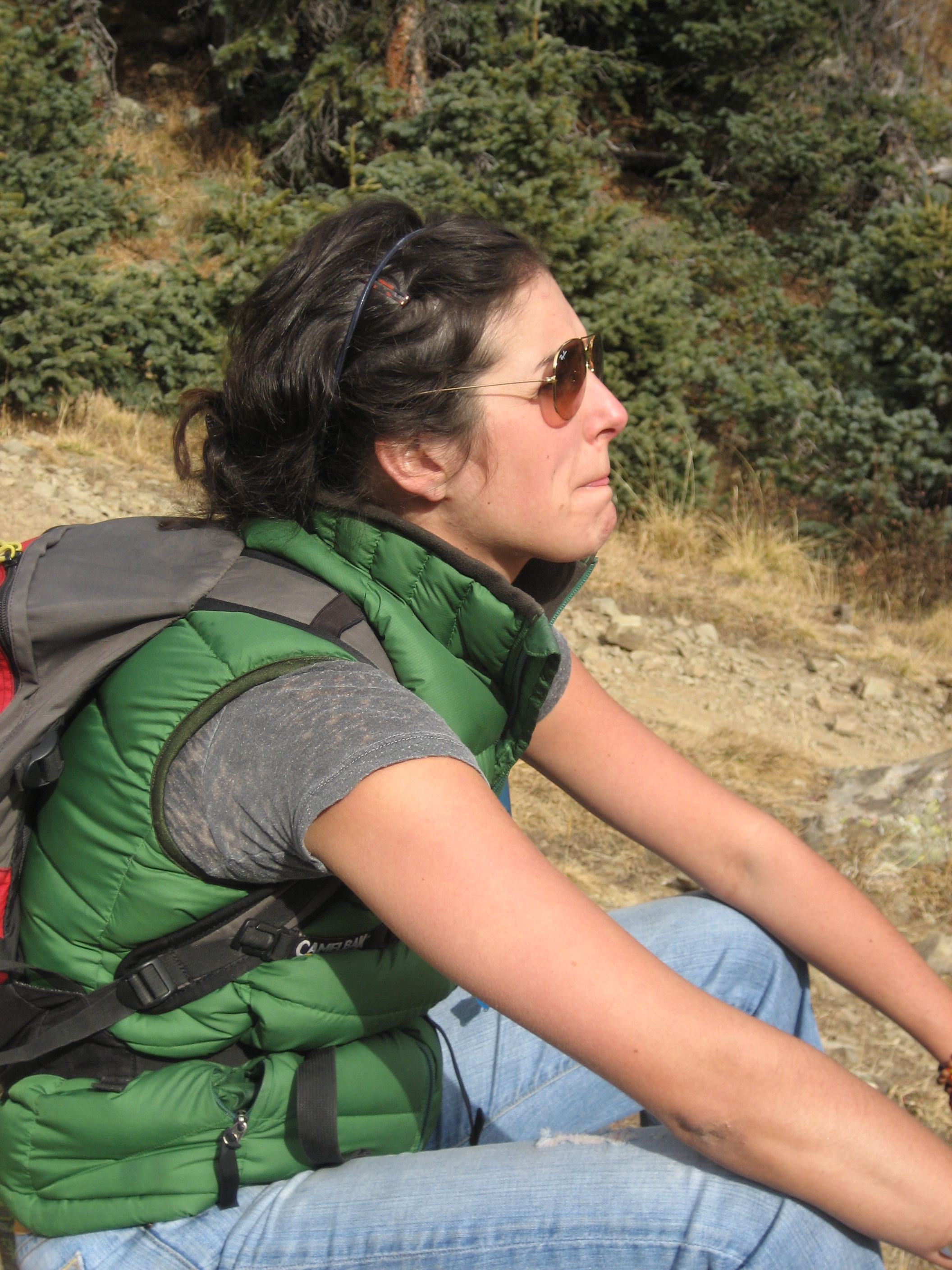Exteriority
Howard Schaap
 The first time I washed myself in sage smoke, it was my introduction both to smoke in ritual and to sage. I vaguely wafted the smoke around my head as I had seen others do, but the experience was entirely foreign to me. I’d stepped over this prairie plant all my life and never wondered about its character, its smell, its purifying capabilities. Wrapping myself in its smoke was a baptism of sorts. We were out on the prairie, at a Lakota burial site discovered on an Englishman’s farm, which the Lakota had come to re-consecrate. The foreignness I felt was entirely my own.
The first time I washed myself in sage smoke, it was my introduction both to smoke in ritual and to sage. I vaguely wafted the smoke around my head as I had seen others do, but the experience was entirely foreign to me. I’d stepped over this prairie plant all my life and never wondered about its character, its smell, its purifying capabilities. Wrapping myself in its smoke was a baptism of sorts. We were out on the prairie, at a Lakota burial site discovered on an Englishman’s farm, which the Lakota had come to re-consecrate. The foreignness I felt was entirely my own.
Back at the pot luck up at the farm, someone said, “Did you notice the hawk that was out there, blessing us?”
I had not noticed that either.
When I first read Joy Harjo’s “Eagle Poem,” it helped make manifest what I’d missed. “To pray you open your whole self/ To sky, to earth, to sun, to moon,” the poem begins, “To one whole voice that is you.”
I’m a stumbling pray-er. Too often for me prayer has been akin to a grocery list and un-akin to an opening.
Right off in “Eagle Poem,” too, we’re in an exterior setting powerful with heavenly bodies. This I know. I have a particular memory of fall in mind: sunset and one heavenly body ignites a sliver of the other, sending a shiver among the corn.
“And know there is more,” the poem continues, less as command than as a statement about the nature of being in prayer: You “open” yourself and “know” there is more
That you can’t see, can’t hear Can’t know except in moments Steadily growing, and in languages That aren’t always sound but other Circles of motion. Like Eagle that Sunday morning Over Salt River. Circled in blue sky In wind, swept our hearts clean With sacred wings.
This is the first sleight of hand. The poem takes us from the more that we cannot see, and bypasses language, replacing it with the circles of motion there in the sky, with the eagle circling. And subject is joined to object: the exterior circling of the eagle sweeps clean the interior of the heart.
We see you, see ourselves and know That we must take the utmost care And kindness in all things. Breathe in, knowing we are made of All this, and breathe, knowing We are truly blessed because we Were born, and die soon within a True circle of motion, Like eagle rounding out this morning Inside us. We pray that it will be done In beauty. In beauty.
I see the circles, feel them even, external in my mind until the sky flips and suddenly it’s “Inside us.”
It’s the kind of thing I want from art, when the interior becomes the exterior, entangling Self and Other, till the Other is I and I, Other, and I have to disentangle again the one from the many, the firmament from the waters, the man from the dust.
Or do I?





